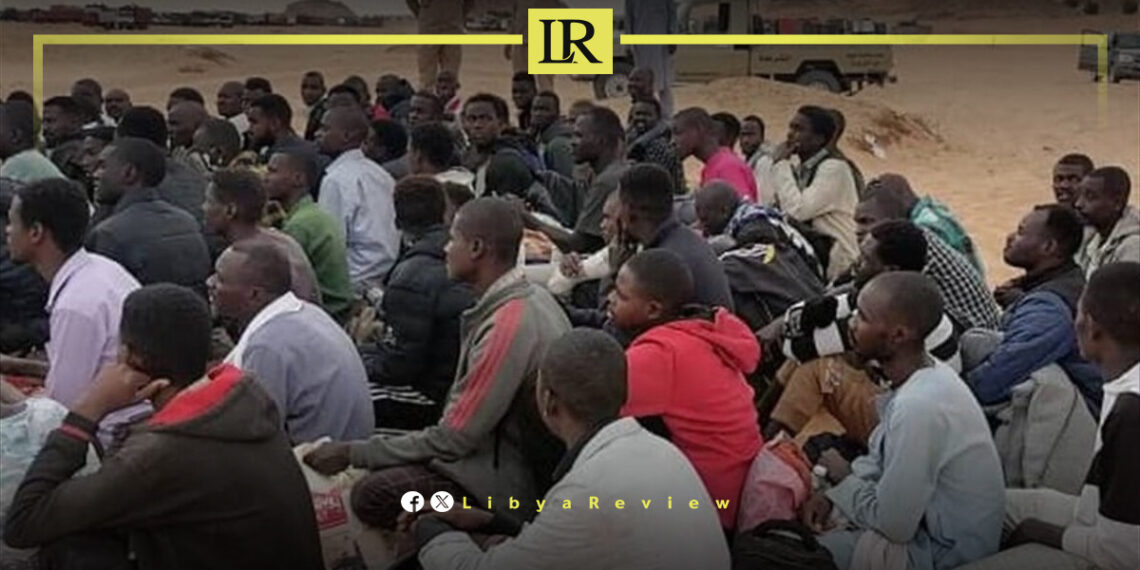The United Nations High Commissioner for Refugees (UNHCR) has reported that over 210,000 Sudanese refugees have arrived in Libya since April 2023. Among them, 55,828 refugees are registered at UNHCR’s registration center in Tripoli.
The increase in refugee numbers is attributed to the ongoing civil war in Sudan, which began in April 2023. This surge has emphasized the urgent need for enhanced humanitarian aid to support both refugees and migrants in Libya.
The UNHCR stressed the importance of providing additional humanitarian assistance to areas hosting Sudanese refugees, particularly in southern Libya. The region has been grappling with worsening local humanitarian needs due to the influx.
According to the commission’s data, the city of Kufra issued approximately 125,000 health certificates in 2024, accommodating 173,000 Sudanese refugees in the city alone. The influx is estimated at 400–500 new arrivals daily.
However, accurately tracking the number of Sudanese refugees in Libya remains a challenge due to irregular migration routes, incomplete data from local authorities, and the expansive land borders connecting Sudan, Libya, and Egypt. Refugees’ continued movement toward coastal cities further complicates registration efforts.
Libya has been in chaos since a NATO-backed uprising toppled longtime leader Muammar Gaddafi in 2011. The county has for years been split between rival administrations.
Libya’s economy, heavily reliant on oil, has suffered due to the ongoing conflict. The instability has led to fluctuations in oil production and prices, impacting the global oil market and Libya’s economy.
The conflict has led to a significant humanitarian crisis in Libya, with thousands of people killed, and many more displaced. Migrants and refugees using Libya as a transit point to Europe have also faced dire conditions.
The planned elections for December 2021 were delayed due to disagreements over election laws and the eligibility of certain candidates. This delay has raised concerns about the feasibility of a peaceful political transition.
Despite the ceasefire, security remains a significant concern with sporadic fighting and the presence of mercenaries and foreign fighters. The unification of the military and the removal of foreign forces are crucial challenges.


